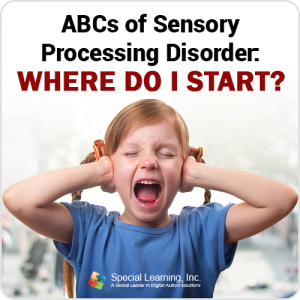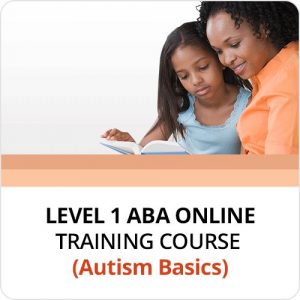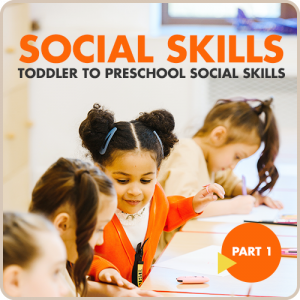Preparing Your Child with Autism for Adulthood
The time will come that your child will be an adult and will be dealing with new challenges. As a parent, this transition from childhood to adulthood may be one of the most critical times you will go through. A tremendous amount of planning should be considered so that the transition of your child will be one both of you will enjoy and cherish.
Your main goal in preparing and teaching a child with autism for adulthood is to have him or she be as independent as possible. Your plan should be focused on developing and enhancing your child’s communication and relationship skills, cognitive ability, and coping skills. Emotionally and socially strengthening your child to face real-life situations without much assistance can grant him or her a more secure adult life ahead.
Transition Planning
Transition planning is a term used when you as a parent and your child set up a plan on how your child will deal with the upcoming life decisions he or she will encounter during their adult years. It occurs as a standard part of the development of your child’s Individualized Education Program or IEP. Ideally, transition planning should begin no later than when your child is in high school.
Individualized Education Program
An Individualized Education Program, commonly referred to as an IEP, is mandated by the Individuals with Disabilities Education Act or IDEA. The IEP is a very important document for your child’s educator. It will assist both the child and the educators in achieving education-related goals.
By law, the IEP must include certain information about the child and the educational program designed to meet his or her unique needs. The IEP must contain:
- Current performance.
- Annual goals.
- Special education and related services.
- Participation with non-disabled children.
- Participation in state and district-wide tests.
- Dates and places.
- Transition service needs.
- Needed transition services.
- Age of majority
- Measuring progress.
The Individuals with Disabilities Education Act
The Individuals with Disabilities Education Act (IDEA) is a law ensuring services to children with disabilities throughout the nation. IDEA governs how states and public agencies provide early intervention, special education, and related services to more than 6.5 million eligible infants, toddlers, children, and youth with disabilities.
Infants and toddlers with disabilities (birth to age 2) and their families receive early intervention services under IDEA Part C. Children and youth (ages 3 to 21) receive special education and related services under IDEA Part B.
Copyright © by Special Learning Inc. All right reserved.
No part of this article may be reproduced in any manner whatsoever without written permission except in the case of brief quotations embodied in critical articles and reviews. For information, contact Special Learning Inc., at: contact@special-learning.com








